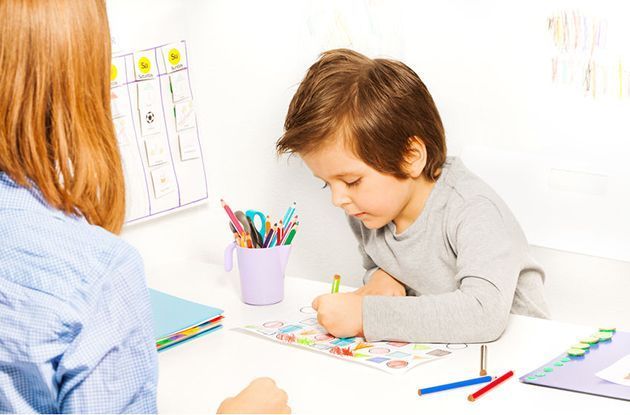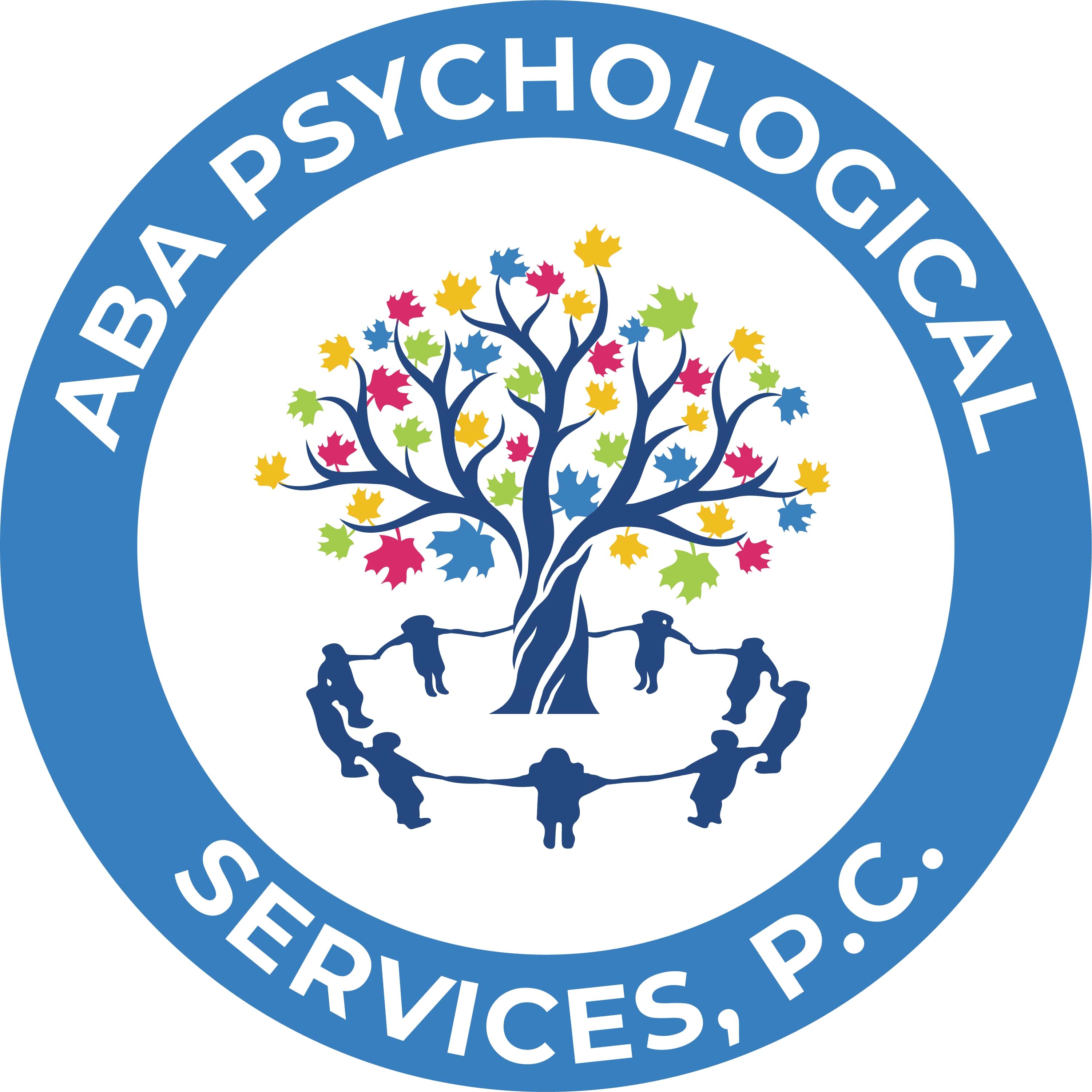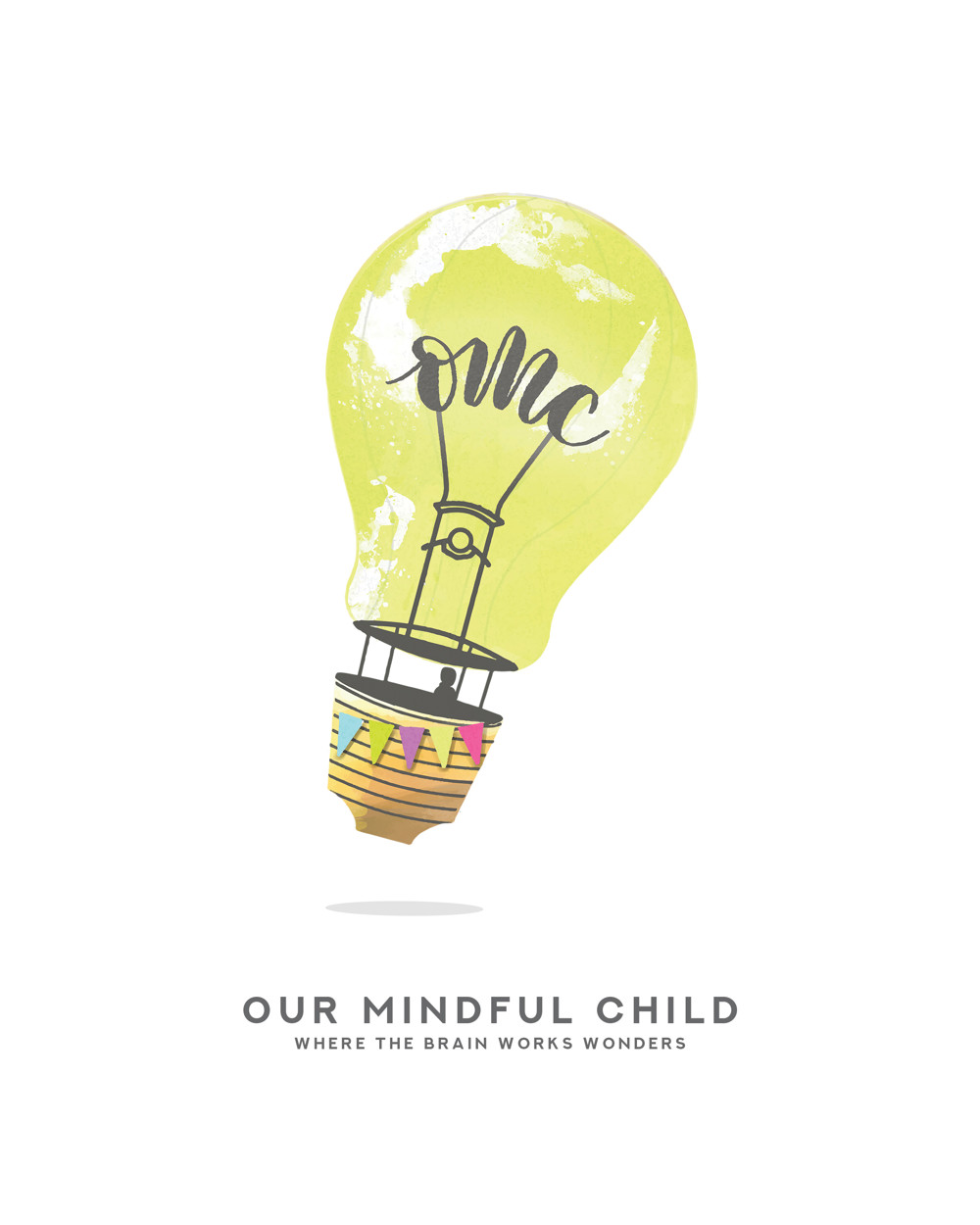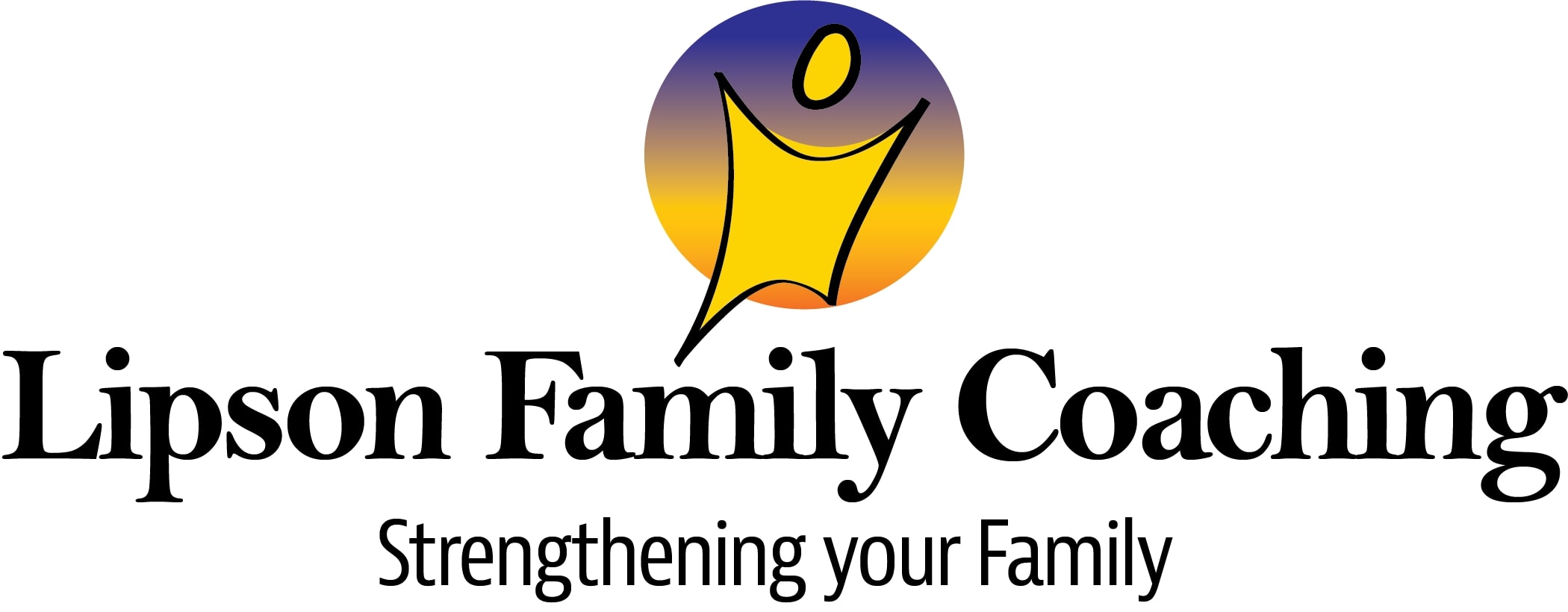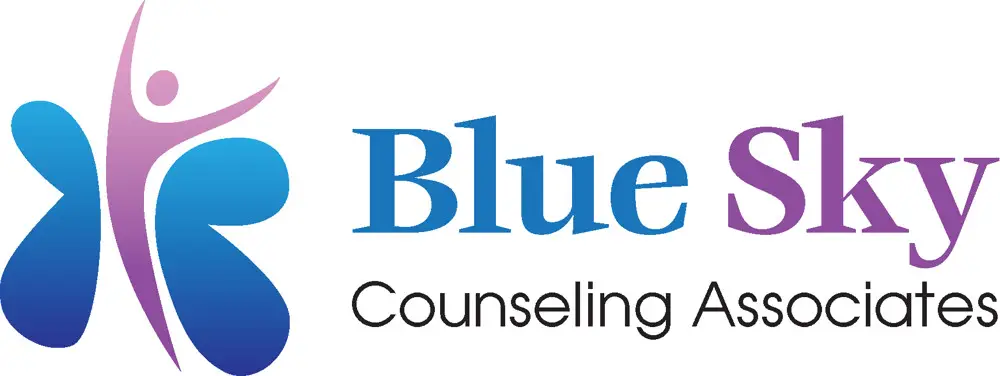ABA has been proven to improve socially significant behaviors. Therefore, if your child maintains any behavioral deficit, she will benefit from ABA therapy. ABA addresses all levels of need, from those struggling with language, to those who have difficulties with social skills. ABA uses evidence-based applied science to bring meaningful and positive change to any behavioral need.
When a child is referred for ABA services, a board-certified behavior analyst (BCBA) will conduct an assessment, which will identify any deficits. Based on the assessment results, the BCBA will develop programs for the child to begin therapy—every child’s programming is individualized, based upon his or her specific needs. Some children may need assistance with language and communication skills, others may need assistance staying on task to complete homework. Trained staff will prioritize program goals and work with your child to address every behavioral need.
RELATED: Find a Therapy Provider Near You
Common Misconceptions About ABA
ABA is not scientifically proven to be effective: As mentioned above, ABA is an evidence-based applied science. There are an overwhelming number of professional journals that have proven its effectiveness. In addition, ABA is the only autism therapy recommended for long-term benefit by the U.S. Surgeon General.
ABA is repetitive training and robot like: This is a misconception that stems from the breakdown and training of tasks. Children may require the breakdown of a specific task (e.g. dressing). Therefore, a child may be working on putting on a shirt, so a therapist may put the shirt on her head, and request that she pull it down. When she pulls down the shirt, the therapist may pull it back and request that she do it again. The child is praised verbally each time she completes the task. This repetition is important for the skill to be developed and maintained, however, this is hardly an entire ABA session, or how all programs are implemented. In addition, all ABA programs include naturalistic and generalization training to ensure the skill can be practiced naturally, within all contexts (e.g. the child spontaneously practicing the learned skills without being prompted, completing the skill for all family members, and within all settings).
ABA uses snacks and toys to bribe children to complete a task: ABA places heavy emphasis within the power of reinforcement. All behaviors must be reinforced to continue to be practiced: Adults go to work and are reinforced with payment; an infant hits a mobile for the reinforcement of it moving or for music to turn on. Reinforcement encourages natural repetition. Therefore, when a child completes a new task that he is working toward in therapy (e.g. pulling on her shirt), the therapist will provide reinforcement (e.g. verbal praise “great job!”). Typically, ABA therapy does not involve edible reinforcers, unless it’s absolutely necessary. Some children may not be highly motivated by verbal praise and may require more, which can include time on a new and exciting toy, or an exciting snack. Reinforcers are important to make the child want to work for that exciting end result. If edible reinforcers are ever used, they are faded out as quickly as possible, which is typically quite simple because as a task is practiced, it becomes easier for the child and requires less reinforcement for its completion.
Get the Best Family Activities
Sent to You Weekly!
RELATED: New York State Law Benefits Those Requiring ABA
Examples of Common ABA Programs
Social skill programs: Early learners will work on eye contact, playing near other children, and following and imitating their peers. Programs are introduced delicately to ensure that the child is comfortable with achieving each aspect of a milestone and open to moving on to the next step. Later, he will work on looking at a peer when he is talking, initiating physical interactions with peers (e.g. playing tag), requesting from peers, and later increasing the amount of time engaging with peers reciprocally. Therapists work on these goals initially in-home, engaging in role-play with the child, utilizing social-stories, bringing in siblings or other family members, and later discretely working the program into the community (e.g. therapist can take the child to the park and prompt the child to play with or initiate play with other children).
Fine motor and writing skills: A child who presents difficulty with fine motor skills such as writing, may need to practice the skill, improve motor planning skills, and strengthen the muscles in her hands. An ABA program will address all aspects of the deficit separately to not overwhelm the child, and to not expect a skill that’s too difficult for her to perform, which typically encourages noncompliance. Therapists will encourage writing activities based upon skill level to encourage practice of the skill and introduce activities to improvement of motor planning (e.g. games with small pieces) and muscle strengthening (e.g. activities with putty, games using tongs, etc.)
RELATED: Find Services for Those with ASD Near You
Main photo: Children who need to improve writing skills in applied behavior analysis may do activities to help strengthen the muscles in their hands.
